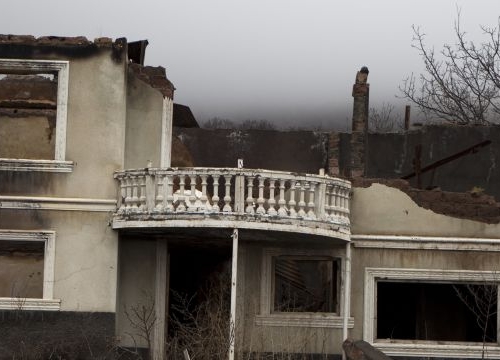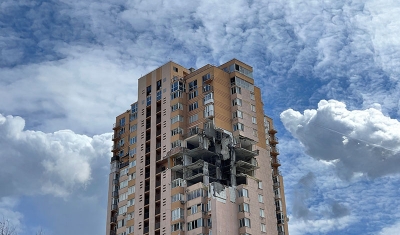Contexts of Chaos: Decoding the European Court’s Judgement in Georgia v. Russia No 2
Geneva Academy Talks


ICRC
This online IHL talk aims at shining light on substantial challenges arising from the recent decision of the Grand Chamber of the European Court of Human Rights in the case of Georgia v. Russia (No 2). The discussion will notably touch upon the Court’s findings in relation to extraterritorial jurisdiction and the substantive and procedural elements of the right of the life, and debate the judgment’s implication for future and/or pending inter-State applications.
Moderator
- Gloria Gaggioli, Director, Geneva Academy and Associate Professor, University of Geneva
Panelists
- Marko Milanovic, Professor of Public International Law, University of Nottingham
- Isabella Risini, Postdoctoral Researcher, Ruhr-University Bochum
- Marco Sassòli, Professor of International Law, University of Geneva
Online
This IHL Talk will take place online on the platform Zoom.
Asking Questions to Panelists
Please use the Zoom chat function to ask your questions, the moderator will make a selection of questions at the end of the presentations. There will be no possibility to interact by webcam and microphone in order to avoid connection issues.
Video
Contexts of Chaos: Decoding the European Court’s Judgement in Georgia v. Russia No 2
This IHL talk discussed the substantial challenges arising from the recent decision of the ECHR Grand Chamber in the case of Georgia v. Russia (No 2).
About IHL Talks
The IHL Talks are a series of events, hosted by the Geneva Academy, on international humanitarian law and current humanitarian topics. Every two months, academic experts, practitioners, policymakers and journalists discuss burning humanitarian issues and their regulation under international law.








